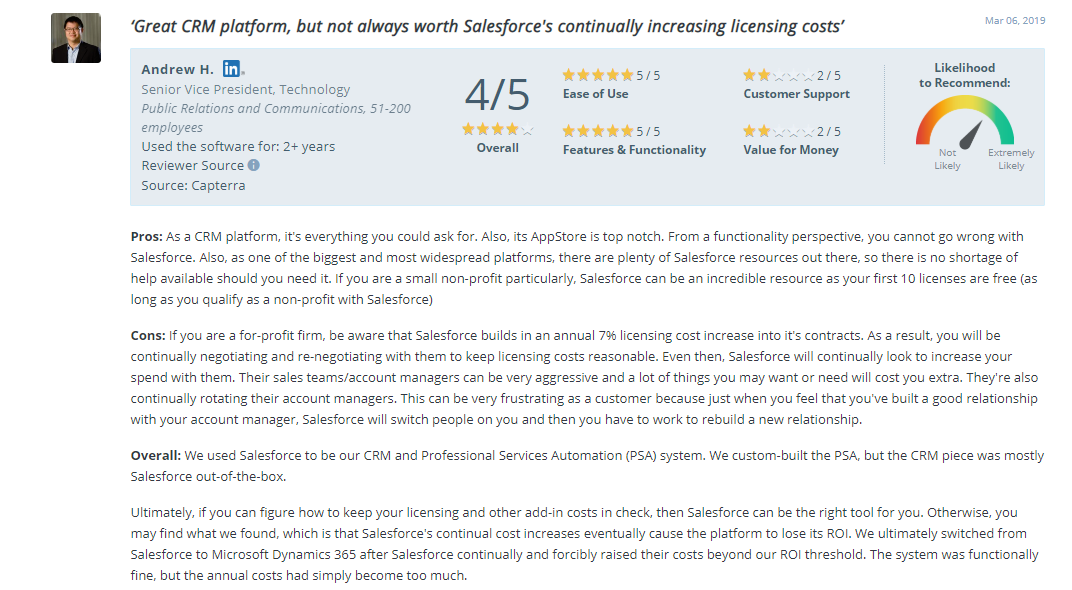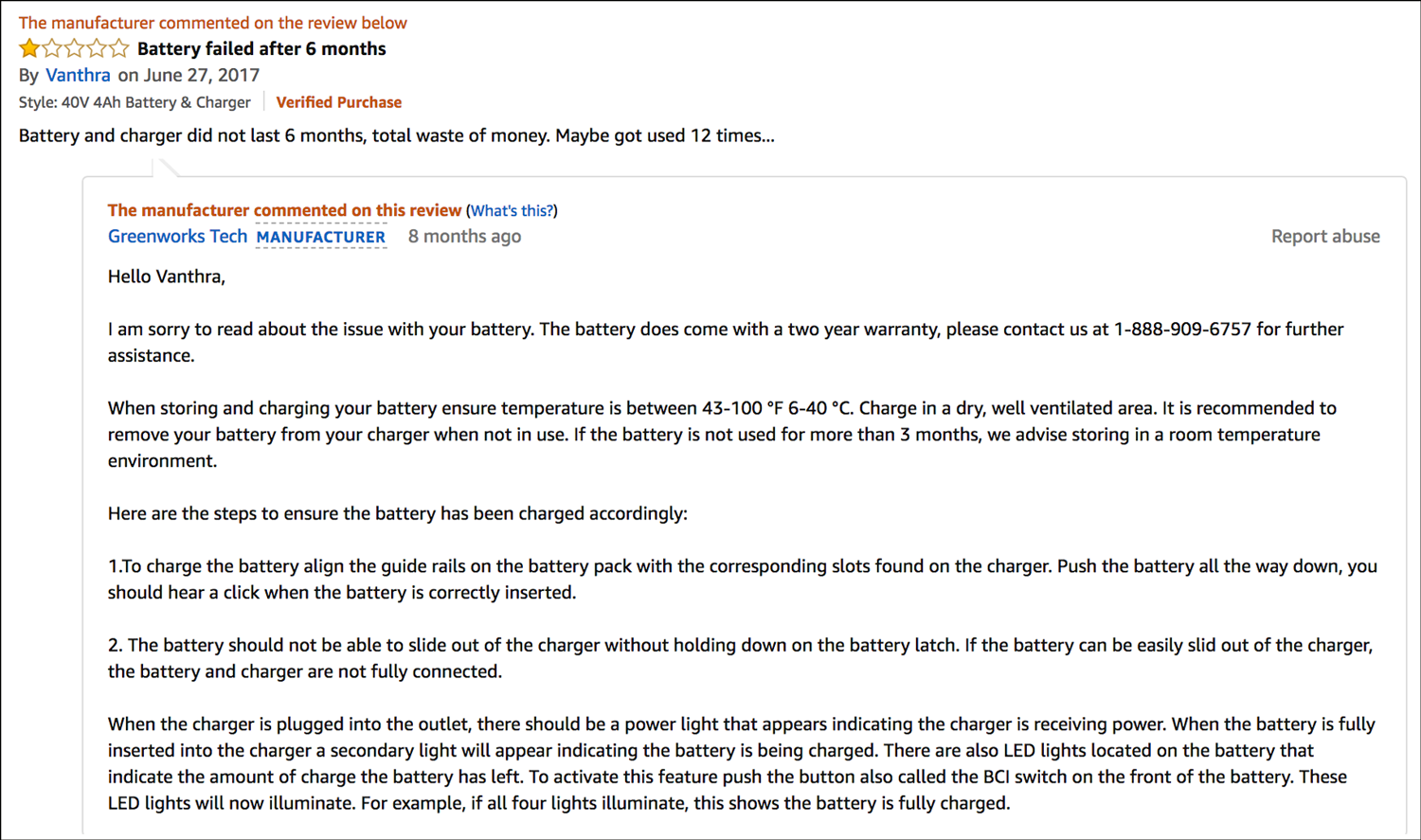
Online audits are an SEO weapon with a gigantic measure of capability. The precarious part is really seeing how to utilize them appropriately. At last, everything descends to your capacity to accumulate them on the correct stage, react suitably, and obviously, use them to better your organization in the master plan. This is all more difficult than one might expect. Ideally, this article has given you a smart thought of where to begin.
Online review management and SEO have been closely tied together for a long time. That’s common knowledge at this point. According to Moz, online reviews are estimated to make up 10% of the criteria for how Google displays search results.
That’s a hefty chunk!
The importance of online reviews in today’s business world is undeniable. However, thanks to the famously secretive Google algorithms, knowing exactly how to leverage them to achieve stellar rankings is still somewhat of an ambiguous task.
Over the years, there have been all kinds of studies and strategic advice given on how to work customer reviews into SEO plans. While the precise details will vary from company-to-company (and industry-to-industry), there are several commonalities that can be applied across the board.
Let’s talk about a few of the big ones in making online reviews one of the strongest weapons in your SEO arsenal.
Table of Contents
Develop a strategy to collect in numbers
First and foremost, online reviews aren’t doing your SEO strategy any good if you aren’t getting them!
Google and other search engines like to see that people are choosing your business and taking the time to leave their opinion on it. Unfortunately, most people won’t take the time to write a review on their own, unless the experience was exceptionally bad. In fact, studies have found that more than 30% of consumers will leave a negative review following a subpar experience!
That being said, you need to make a conscious effort to collect reviews from as many customers as you can. The good news is that 70% of consumers will leave a review if asked – per a BrightLocal study.
Plain and simple, you need a plan to follow up with customers after their experience to gauge their thoughts. Now, this is a task you need to handle carefully.
Step one deals with timeliness
Regardless of whether your review follow-ups are done through email campaigns, SMS messages, review landing pages, or anything else of that nature, the timing needs to be impeccable. Give it a day or two before you send out your request for a review. Generally speaking, it’s typically ideal to send these requests in the mornings for the best response rates.
Step two is the approach
Asking people to leave reviews is a game of happy mediums. On one hand, you want to develop the form to get the most genuine and detailed responses as possible. However, you don’t want to ask questions that are so complex that you turn people away.
Keep it simple. A short form asking for the pros, cons, and overview is nice and short, yet encourages in-depth responses.

Always remember, a detailed, honest review is worth way more than a short review with a simple star rating and a quick sentence.
Step three is persistence
If people don’t respond to your review request, you definitely want to give them a nudge. But, you don’t want to overstep. Keep your follow-ups to no more than two, and space them a few days apart.
Quantity of reviews plays a big role in how the search engines rank businesses on the web. That said, you can’t rely on people to review your company on their own. Do yourself a favor and nail down a rock-solid strategy early on!
|
Know how to respond properly to both good and bad reviews
These days, responding to reviews is just as important as gathering reviews. Many would argue it’s even more important!
To reference the BrightLocal study again, most customers read review responses when looking at a new business.

Earlier this year, Google actually confirmed that responding to reviews plays a role in SEO.
Here is what Google had to say on the matter:
Responding to reviews shows that you value your customers and the feedback they leave about your business.
This action ideally works to build trust between a business and its customers. So, when you receive a review (whether it be good or bad), you need to have a plan in place to address it properly.
Most importantly, when responding to a review, let it air out. You never, never, never want to respond to a review when you are emotionally charged. For example, let’s say you have a customer from hell who wrote a scathing review, even though they weren’t completely right.
Chances are, you read this review and had a million things you’d like to say to them. However, you need to remember that your responses are public! Regardless of the context behind the review, you need to approach it with a level head. Give it at least a couple hours before you respond. But no more than a couple days.
Here is a great example of how not to respond to a bad review.

When you are responding to negative reviews, there are a few key components to remember. However, you may choose to use these according to what would suit your brand the best.
Address the reviewer by name.
- Thank them for taking the time to leave a review.
- Try to personalize your response with context from their individual experience.
- Look at the review as objectively as possible. Were there any internal shortcomings that caused this review?
- Apologize and empathize.
- Accept responsibility where it is due.
- Take the conversation offline.
- Offer actionable solutions.
- Once resolved, ask the customer if they would be willing to change their review.
Here is a fantastic example of how to handle a negative review like a champion

Not only does the responder do a great job at empathizing with the issue, but they also provide a great deal of actionable information, as well as an avenue to take the conversation offline. This one hits the nail on the head!
In regards to responding to positive reviews, the rules to live by are quite a bit less volatile.
- Thank the customer for their review.
- Be personal with the response. Don’t come off as cookie cutter.
- Encourage them to come back.

Always remember, the way you respond to reviews says WAY more about your business than the review itself. If you’re smart and collected about it, you can potentially turn negative sentiment into brand loyalty, and of course, excellent rankings on Google!
Choose review platforms wisely
There are all kinds of online review platforms out there these days. Some are more general, while others are niche-focused. When you choose which platforms you want to be gathering reviews on, there is a lot that should go into your decision.
In addition to getting registered on the major ones like Google Reviews, Facebook Reviews, Yelp, and the others, you need to take your industry into account. For instance, if you are a SaaS company, gathering reviews on sites like Capterra and G2 Crowd is vastly important. If you are a restaurant, consider sites like Zomato and OpenTable.
In terms of SEO value, it’s important to note that not all review platforms are equal in the eyes of Google. Even though a platform is a verified Google Review Partner, it doesn’t mean that it’s the best of the bunch.
When you are looking at review platforms for SEO, there are a few key factors that should come into play.
- How many total reviews are written on this platform every month?
- How many businesses are registered on this platform?
- Are you able to qualify for Rich Snippet Stars with this platform?
- How does this platform work to combat fake reviews?
To give you an idea, here is how SEMrush ranks several review platforms in regards to SEO value:

Take your time in doing research here. You need every single review to maximize your potential of ranking on the SERPs.
Let reviews guide your customer experience
When push comes to shove, the common denominator in using reviews to boost SEO value is getting people to leave good, honest feedback.
The best way to do this is to provide an exceptional customer experience (obviously). But, customers and search engine robots also want to see that you are using the customer reviews you get to improve the user experience (UX) for the best.
When people leave reviews, you need to look at the words as objectively as possible. In other words, reviews need to be seen as constructive criticism.
Make it a point to take inventory of your new and existing reviews every month. Try to spot patterns that shed light on bigger issues.
For instance, let’s say you are in the SaaS industry and provide an email marketing program. If you got a bunch of new reviews in the past month and a decent amount of them address a similar issue related to client support, this is a clear-cut sign you need to re-evaluate (and maybe step up) this area of the UX. Perhaps incorporating a live chat or chatbot feature to the website dashboard might be a solution.
The bottom line is that reviews serve the monumental purpose of spotlighting weak areas within a business. If you are able to use them to improve the lives of your customers, you will be rewarded – both in terms of SEO and revenue.
The wrap
Online reviews are an SEO weapon with a massive amount of firepower. The tricky part is truly understanding how to use them properly.
Ultimately, it all comes down to your ability to gather them on the right platform, respond appropriately, and of course, use them to better your company in the big picture. This is all easier said than done. Hopefully, this article has given you a good idea of where to start.
via:https://searchenginewatch.com/2019/06/10/online-reviews-powerful-seo-weapons/



What do you think?